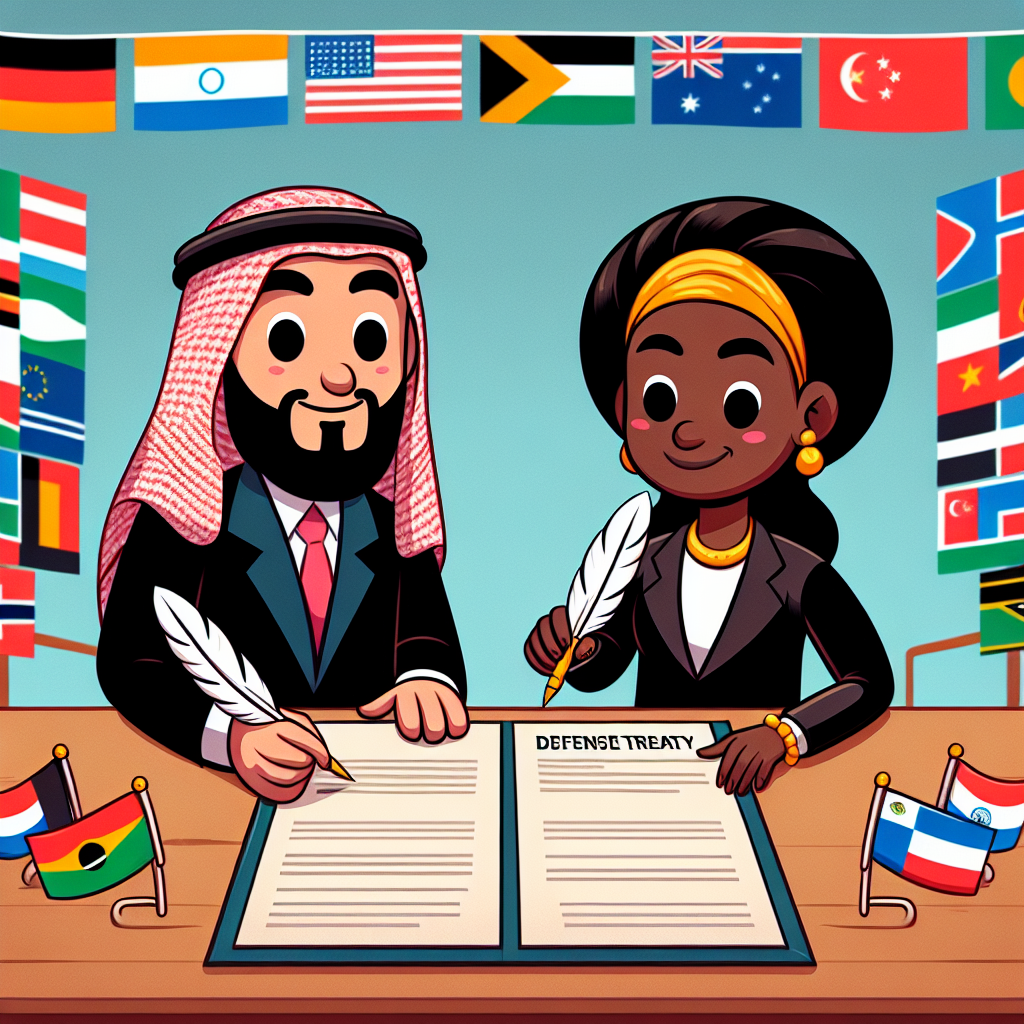Strategic Showdown: U.S., Panama, and the Canal Controversy
The U.S. is citing a decades-old treaty to claim rights over the Panama Canal, as tensions rise over China's influence in the area. The 1977 Panama Canal Neutrality Treaty, effective since 1999, is central to the debate, posing strategic and diplomatic challenges.

A diplomatic clash is brewing between the U.S. and Panama over the strategic Panama Canal. U.S. lawmakers are invoking the 1977 Panama Canal Neutrality Treaty, arguing the treaty provides grounds to reclaim control if the canal's operation is threatened.
U.S. officials cite China's growing presence in Panama as a security risk, pointing to Chinese firms involved in key infrastructure projects. Senator Ted Cruz highlighted a bridge under construction by Chinese contractors as a potential threat, questioning Panama's adherence to treaty terms.
The Panama Canal Authority maintains control over the waterway, while Panama's President, Jose Mulino, reaffirmed the canal's sovereignty. The issue strains U.S.-Panama relations as debates continue on canal tolls and geopolitical interests.
(With inputs from agencies.)










